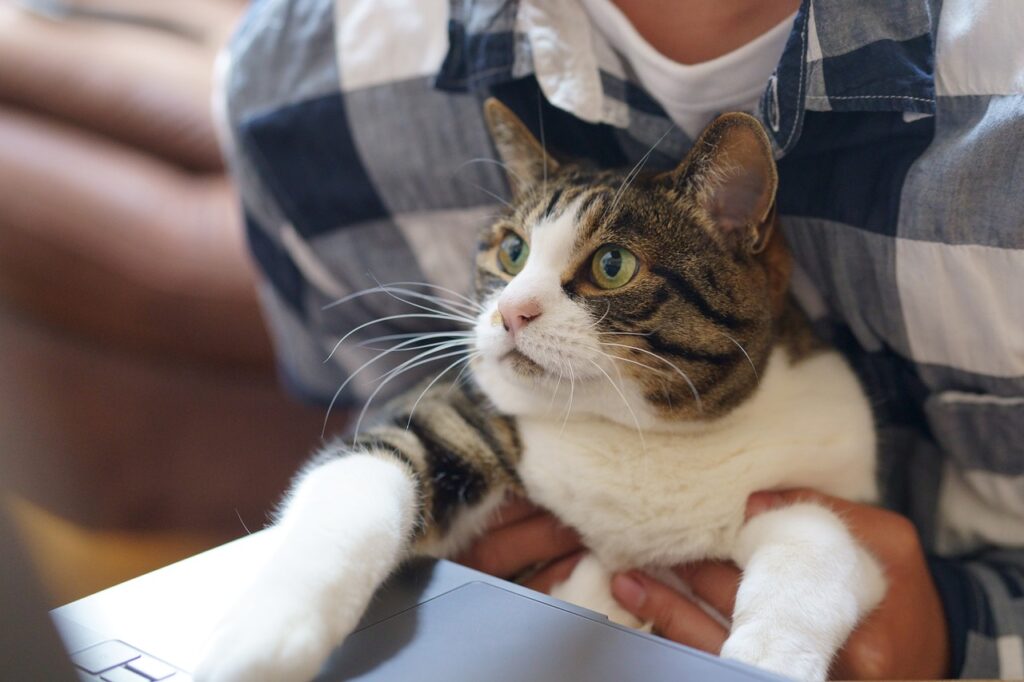
Hi everyone, a couple of things before we get started: If you’re free on June 27th at 10am Pacific Time, please join me and Common Future’s Co-CEO Jennifer Njuguna in a conversation where we discuss our sector’s propensity for fear and risk-aversion, especially in light the pushback against DEI, and what we need to do about it. It’s free, and auto-captions will be enabled. Register here.
Also, around the summer solstice, June 20th this year, is when folks in our sector host PEEP (Party to Enhance Equity in Philanthropy) events, where funders and nonprofit leaders can get together in casual, no-agenda settings just to chat and see one another as human beings. Let folks know in the comments if you’re planning to have one.
The past few years have been eventful, and by that, I mean brutal and horrifying. And I am surprised by how all of us continue to follow the same rules of professionalism we were used to following. A colleague, for example, wrote on LinkedIn about the importance of “writing handwritten thank-you notes after job interviews”!
Oh heck no, HWTYN after job interviews are out! With the pandemic, the fecklessness of our political leaders, and the cumulative effects of late-state capitalism leading to the collapse of society, I think we need to agree to some new rules of workplace professionalism if we are all expected to carry on doing our work. Here are a few I’ve thought of. Add yours below:
1.Pajamas are acceptable for work. Remember when all of us would dress up from the waste up in business casual, and then wear pajama pants because no one could see what we’re wearing on our bottom half on Zoom meetings? Well, time to go all-out and commit! Why shouldn’t we be comfortable all the time when working? Who says my Cookie Monster jammies are unprofessional when leading a staff meeting or meeting a major donor? While we’re on this topic, unbrushed hair, lack of makeup, and a general haunted visage, are now acceptable.
2.Crying breaks should be standard: Society tells us it’s unprofessional to be overcome with emotions and break down crying or beat our chest in despair or slide dramatically down the door inside the supply closet. But everything is all too much. I think we should each be allowed time to cry in despair. Kind of like how smokers have their smoke breaks, and no seems to have a problem with it. And crying is way healthier than smoking!
3.Cussing is a professional skill to be honed: You know they did experiments to see whether cussing helps with pain tolerance. They had people stick their hands in buckets of ice water, which becomes very painful after a few seconds, to see how long they can last. The people who were encouraged to cuss were able to endure the pain longer. So there you have it, there’s science behind the positive effects of cussing. Just try not to cuss AT people, especially clients or donors. Unless they deserve it.
4.Work whatever schedule makes sense: The old 9-to-5 standard is ridiculous, no one follows it anymore. I know some folks have to have regular schedules due to client-facing work, but even that needs to be evaluated. The important thing is to get our work done, but when we do it should be up to us. Night owls should be allowed to start late and work late. Morning people can come in early and leave early. And those of us who wake up at 2am screaming at the existential horror of the human condition, that’s also a good time to get some stuff done.
5.Pets and children appearances are encouraged: It’s always been considered unprofessional to have your personal life mixed with your work life. At least in the US, you give birth to a child, go back to work two days later, and wistfully stare at pictures of your offspring. That’s professional! Now, that line’s been blurred. We should encourage pets and kids to appear, both on virtual meetings, as well as in-person. In fact, it should be considered rude and unprofessional to not introduce your pets and children by carrying them underneath their arms and shoving them at the camera.
6.Honesty is good and normalized: Lying used to be considered professional, leading to all of us following scripts like “How are you?” “I’m fine! You?” “I’m great, thanks!” You’re not fine, I’m not fine, none of us are fine! Let’s stop lying. It should be considered perfectly fine to be honest, both in-person as well as on our email auto-responses and other communications. Email sign-offs, for instance, used to be “sincerely” or “warmly” or something that might have been true during the Before Times. Now, it’s perfectly professional to sign off with “Hang in there” or “See you at the next crying break!”
7.It’s OK to wistfully stare into space, imagining a better world: In the middle of a meeting, or when talking to someone or giving a presentation, it’s normal and professional to exhale a long sigh, stare out into space, and imagine a world that’s different, that’s kind and accepting, where children have happy childhoods and grow up safe, where greedy corporations and a few grotesquely rich dudes don’t rule everything, where our political leaders have courage and integrity and democracy is not on its last gasp. When you snap back to reality, just say “Sorry, I was on mute,” grab a snack, then carry on about your day.
Discover more from Nonprofit AF
Subscribe to get the latest posts sent to your email.

